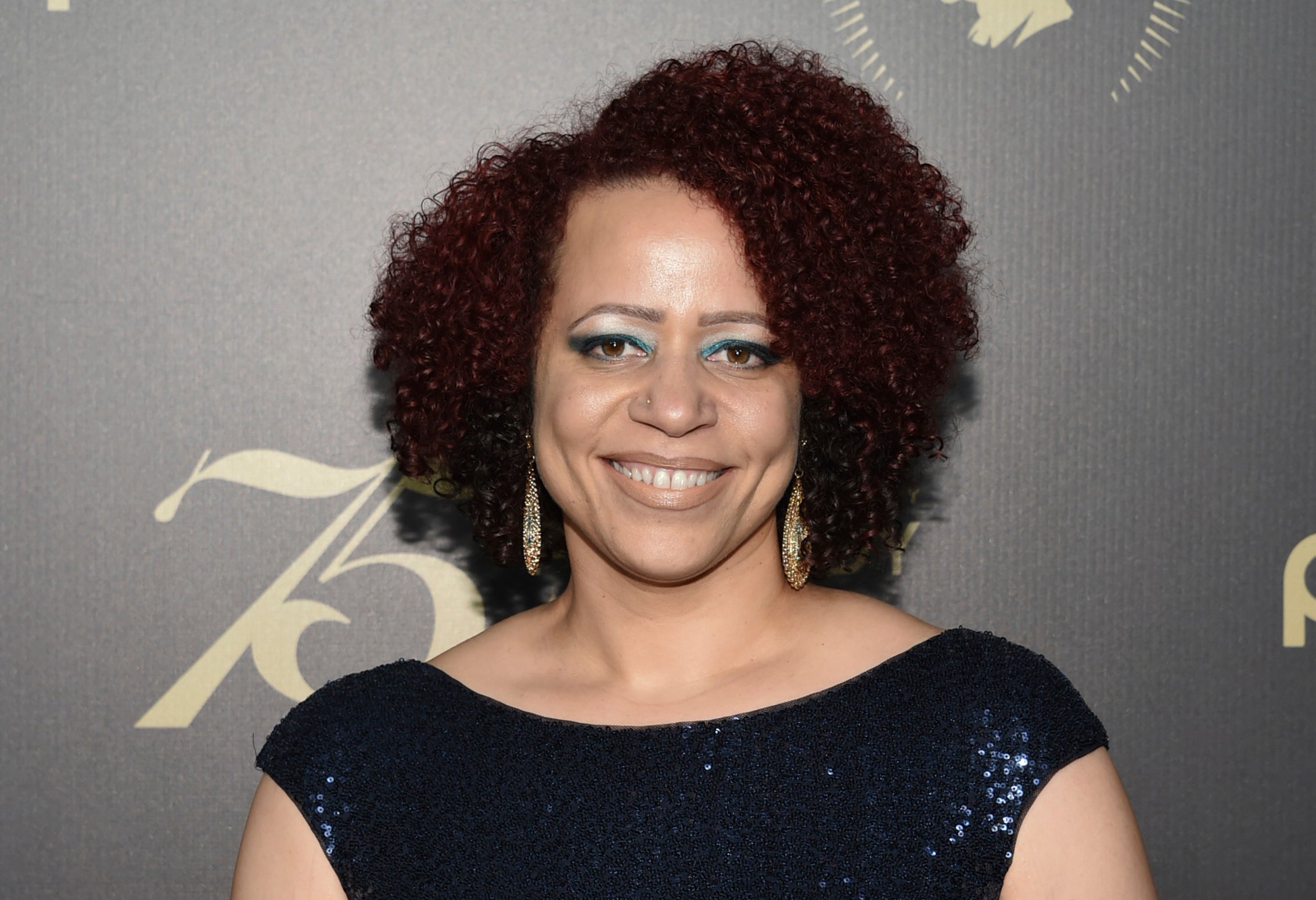Nikole Hannah-Jones is joining Howard University — and all I can feel is conflicted
Howard raised me, but also betrayed me


Your support helps us to tell the story
From reproductive rights to climate change to Big Tech, The Independent is on the ground when the story is developing. Whether it's investigating the financials of Elon Musk's pro-Trump PAC or producing our latest documentary, 'The A Word', which shines a light on the American women fighting for reproductive rights, we know how important it is to parse out the facts from the messaging.
At such a critical moment in US history, we need reporters on the ground. Your donation allows us to keep sending journalists to speak to both sides of the story.
The Independent is trusted by Americans across the entire political spectrum. And unlike many other quality news outlets, we choose not to lock Americans out of our reporting and analysis with paywalls. We believe quality journalism should be available to everyone, paid for by those who can afford it.
Your support makes all the difference.As a Black woman writer who went to Howard University, I’ve experienced a lot strange and conflicting feelings today.
This morning, it was announced that MacArthur Fellow and Pulitzer Prize-winning journalist Nikole Hannah-Jones, along with fellow MacArthur Fellow and bestselling author Ta-Nehesi Coates, will be joining the faculty at the historically Black university. Despite her astounding accomplishments, including founding the 1619 Project, Hannah-Jones was turned down for tenure at the University of North Carolina at Chapel Hill in a controversial move that many saw as racially motivated. Many of those who had opposed her tenure at UNC spoke of their dislike of her research, which focused on dismantling white supremacy.
Hannah-Jones will be at Howard now, not only with tenure, but as the leader of a groundbreaking new effort. “It was a difficult decision, not a decision I wanted to make,” she said, of turning down UNC-Chapel Hill’s offer. “Instead, I’m going to be the inaugural Knight Chair in Race and Journalism at Howard University.” She will also be the founder of the Center for Journalism and Democracy, which Howard says will arm aspiring journalists with “investigative skills and historical and analytical expertise needed to cover the crisis our democracy is facing.”
So far, so good for Howard (which is also the college I studied at.) But this news comes on the heels of Howard’s Dean of the College of Fine Arts, Phylicia Rashad, tweeting out support for Bill Cosby. Cosby has been accused of sexual assault by 60 woman and the former actor and philanthropist has admitted to drugging women for sex. He was released from prison last week in a move that surprised many.
When I heard the news about Nikole Hannah-Jones and Ta-Nehisi Coates, the excited student I used to be emerged, and for a second, I almost forgot that I couldn’t register for either of their classes anymore. But then I remembered that Howard still hasn’t done anything substantial about the comments Dean Rashad made, save for her flimsy apology and their even flimsier statement.
This brought back memories of the other student I used to be, the one who couldn’t leave her dorm room for months because she was so traumatized by being sexually assaulted. The student who lost her scholarship because she couldn’t go to class without having panic attacks, or stop crying at night long enough to do her homework. The girl who numbed herself with a waitressing job and alcohol, the girl who wondered every single day whether she would have been happier if she had never even came to Howard’s campus.
My family has been going to Howard since the late 1800s, only a few years after its founding. My grandfather taught at the medical school, the same one my father later graduated from. I went to preschool on Howard’s campus and did my high school homework in Founder’s library. Howard raised me. So, when experiencing sexual assault on its campus almost destroyed me, it shook every part of my belief system. And, as a legacy student with privilege, I received more support from Howard than many of the other survivors I’ve spoken with. It still wasn’t enough support, and their apathy in the wake of Rashad’s comments only brings back those intense moments of feeling isolated, helpless, and discarded.
I’ve recovered some — I’ve become a successful writer, started a fund for survivors of sexual assault at Howard University, and I generally try to make my days happy. But I’m irrevocably changed, and I would give anything to rewind the clock.
I still believe in Howard, strange as it may sound. I suppose I have too much of it running through my veins to not believe in its stated mission: to educate and nurture generation after generation of Black leaders and scholars, Black parents and friends and lovers, Black artists and Black scientists. But Howard will never fully live up to its mission unless the Black people they intend on protecting include survivors like me.
I believe that Hannah-Jones — who I’ve had the pleasure of interviewing in the past, and whose work continues to inspire me — will make a phenomenal addition to Howard’s campus. I believe Coates will guide young writers to pursue deep truths and become better writers. I believe that just her presence on campus will embolden young journalists to speak their minds, and maybe even report on the gender-based violence that’s happening on campus.
But today, I’m sitting with a duality of feelings. I’m celebrating Hannah-Jones and Coates joining the Howard family. I’m full of rage that people like Phylicia Rashad, who show such callous disregard for survivors, continue not to be held accountable.
Join our commenting forum
Join thought-provoking conversations, follow other Independent readers and see their replies
Comments